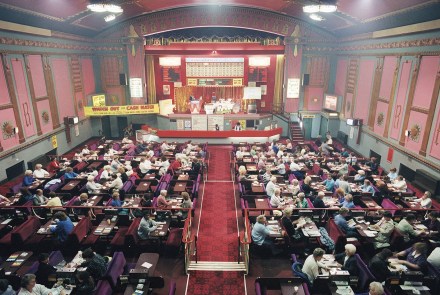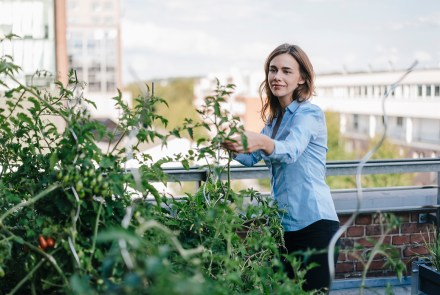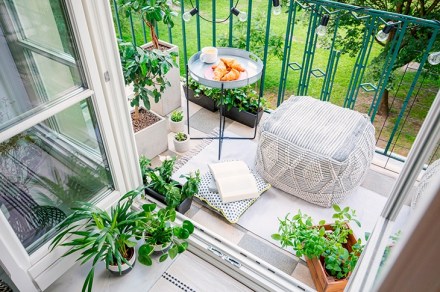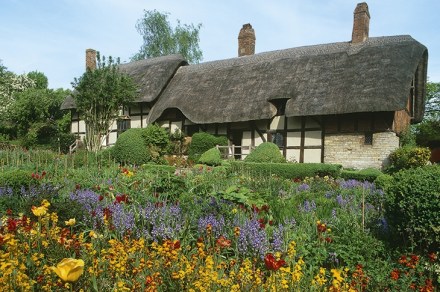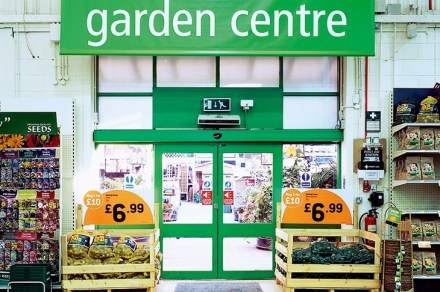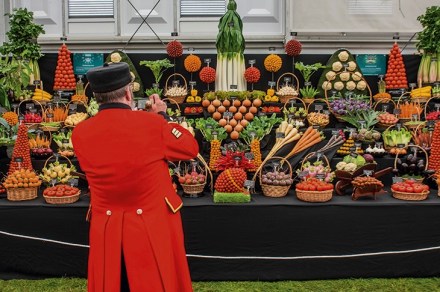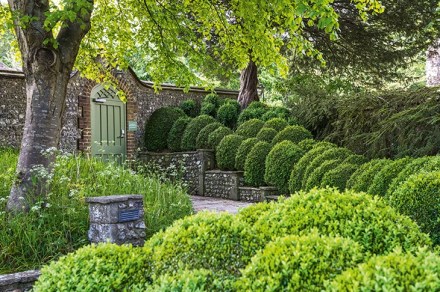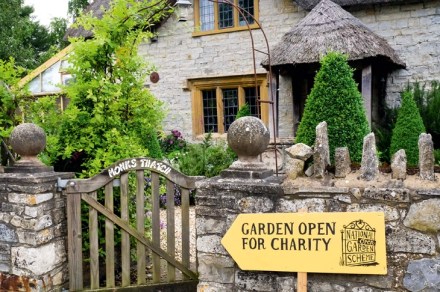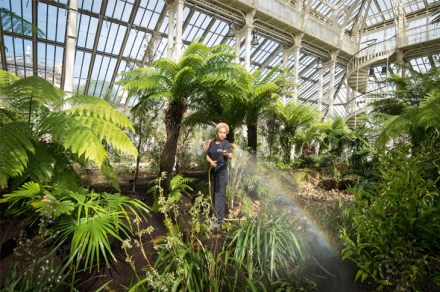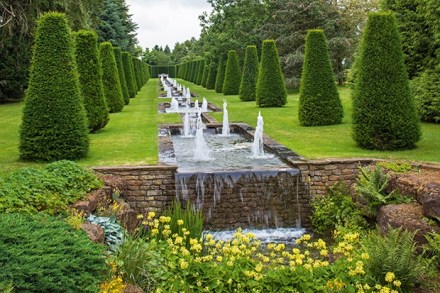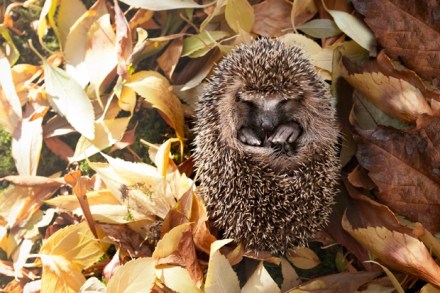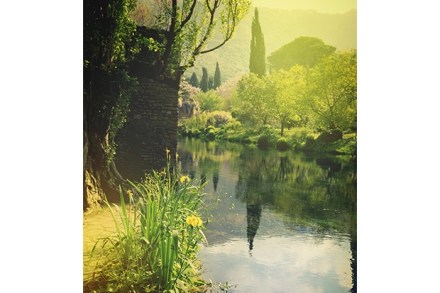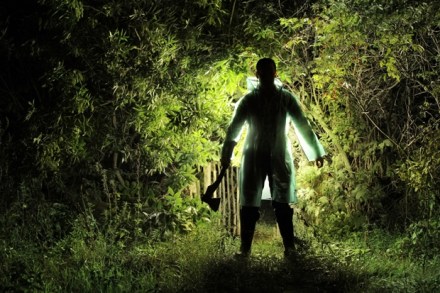Defund theatres – and give the money to gardeners and bingo halls
For nearly six months our subsidised playhouses, notably the National Theatre, have been dark. What have we missed? Not much. Some would say nothing at all. And this has come as a surprise to those of us who were led to believe that the subsidised theatre is critical to ‘the national conversation’. It turns out that the nation can happily debate political and social issues without the help of playwrights or actors. Perhaps it’s time to re-examine our state-funded theatres and the reasons we support them. The National Theatre was set up in 1963, soon after the establishment of the Royal Shakespeare Company in 1961, and both received funding from
